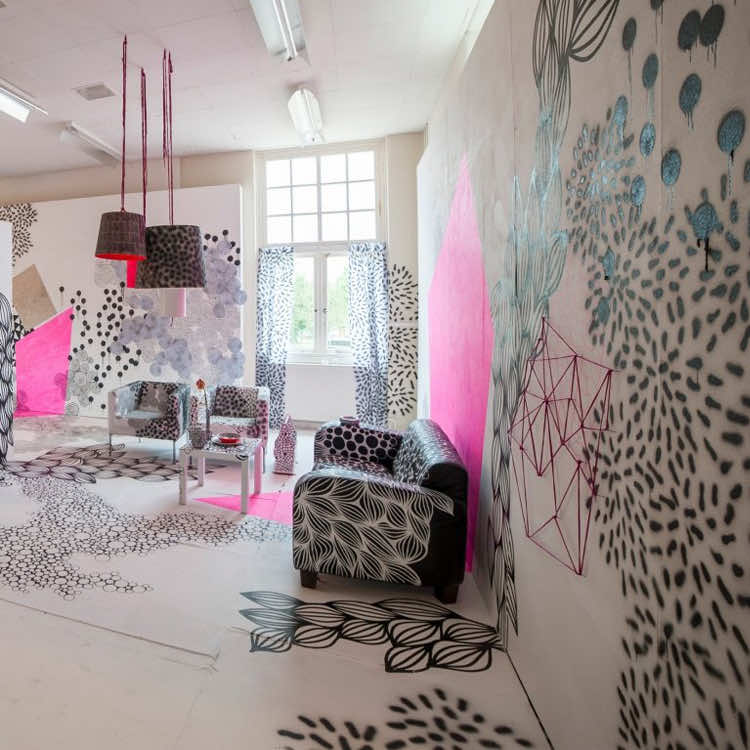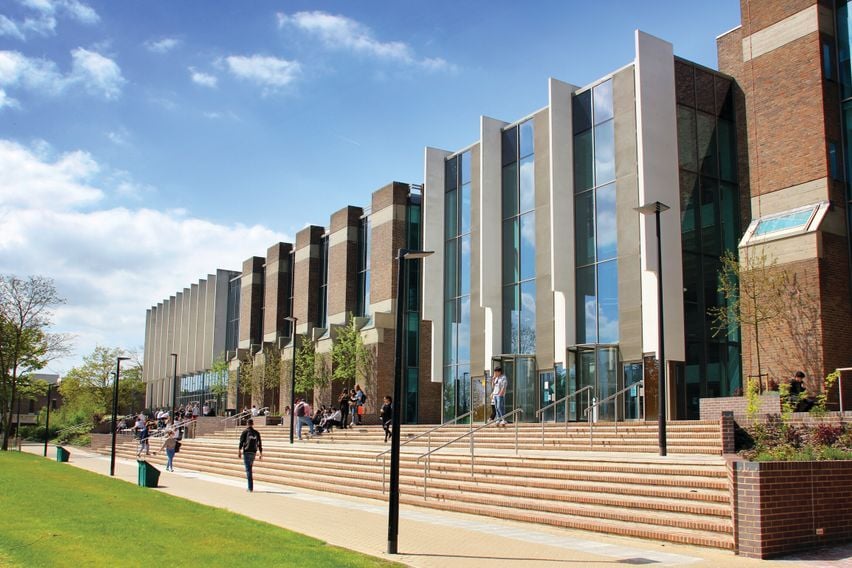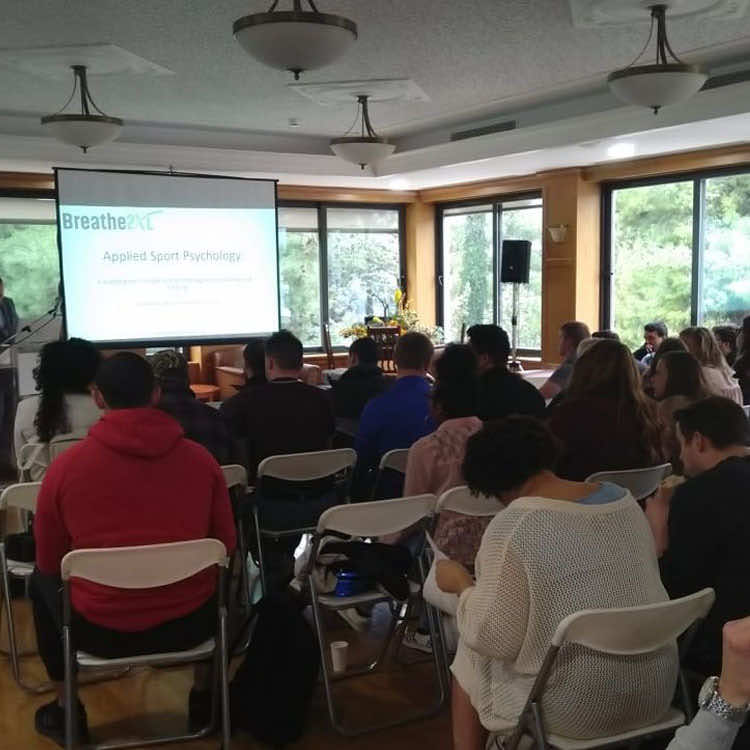All Theater
If you pay attention and know what to look for, you'll notice that most people are actually very bad at expressing themselves. Using your voice, gestures, facial expressions, and movements to convey a feeling or idea is supposed to come naturally, but this isn't always the case. When talking about speaking eloquently in front of a group of people, well, that just doesn't seem instinctive at all to most people.Great modern orators like Steve Jobs generally weren't born with this skill, but studied and practised it. Martin Luther King actually got only a C in public speaking in seminary school. In other words, learning to act is about more than appearing on stage or screen: it is a valuable life skill (and one most people don't possess). A theater degree is about way more than walking the boards, though. Not everyone wants to or can be a performer – hard as acting is, making a living doing it is even harder. Bachelor's programs in theater cover all aspects of the performing arts.You're probably already thinking about things like scriptwriting, set design, choreography, and directing. These are supplemented by technical subjects, including lighting design, videography basics, and sound engineering. A less obvious aspect of a degree in theater is that it also covers the business aspects of producing a play or independent film: marketing, financial management, and media studies are some examples. Most theater curricula give students the option of specializing in different directions through elective modules, allowing you to prepare yourself for careers either in front of the audience or camera, or somewhere behind the scenes.There are some pretty significant differences in how theater degrees are taught in the United States versus Europe. In the first place, American actors, especially in film and television, are supposed to be models first – in Europe, they're just expected to be good actors. Europe also has a much more vibrant local theater scene, which is comparatively rare in the U.S. aside from in a couple of cities.American universities also tend to try and fit theater courses into the same mold as other degrees like engineering or social sciences. In Europe, curricula are more likely to be organized around themes rather than stand-alone modules. In either case, though, you can expect a lot of practical work, including creating your own costumes and a one-act play in your final year.












